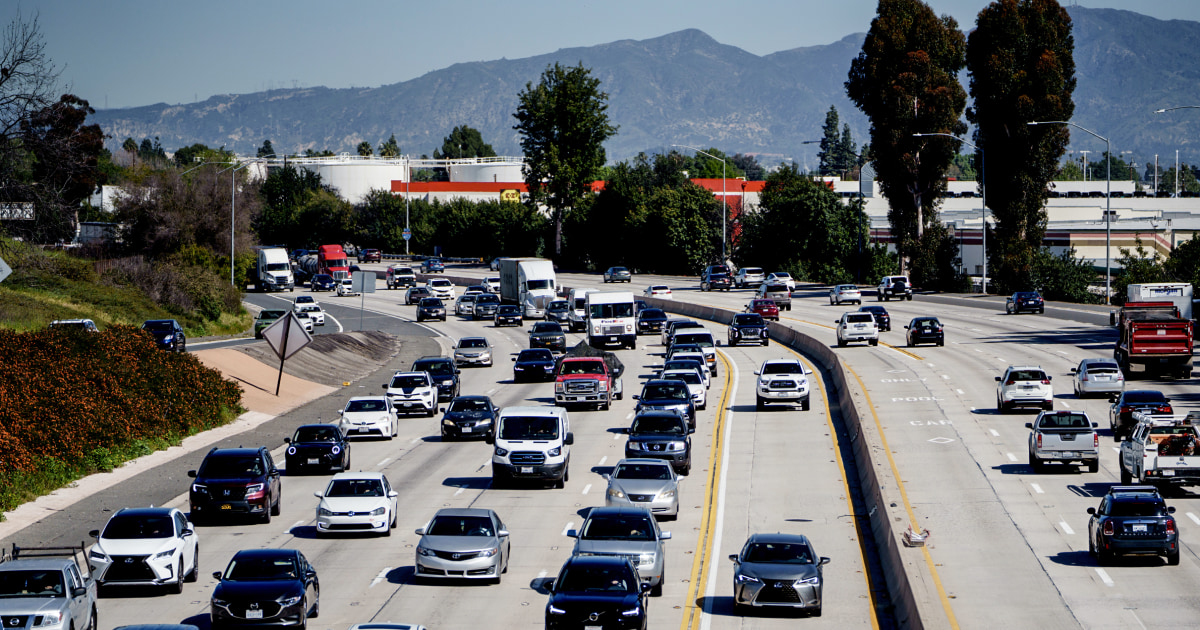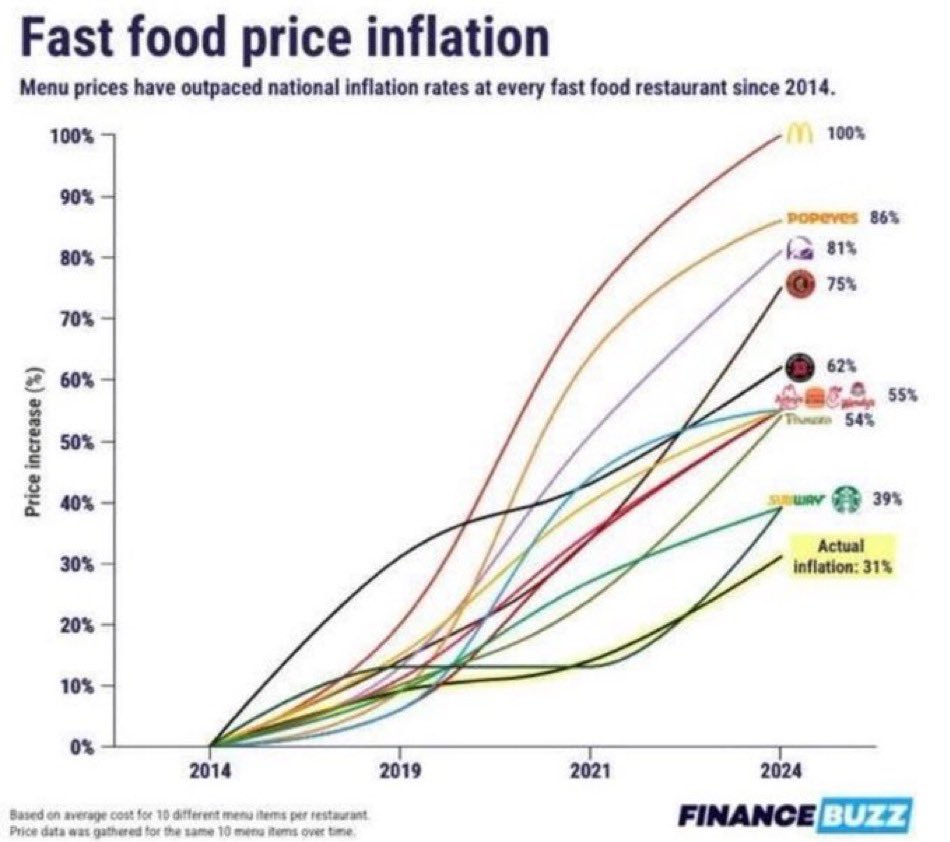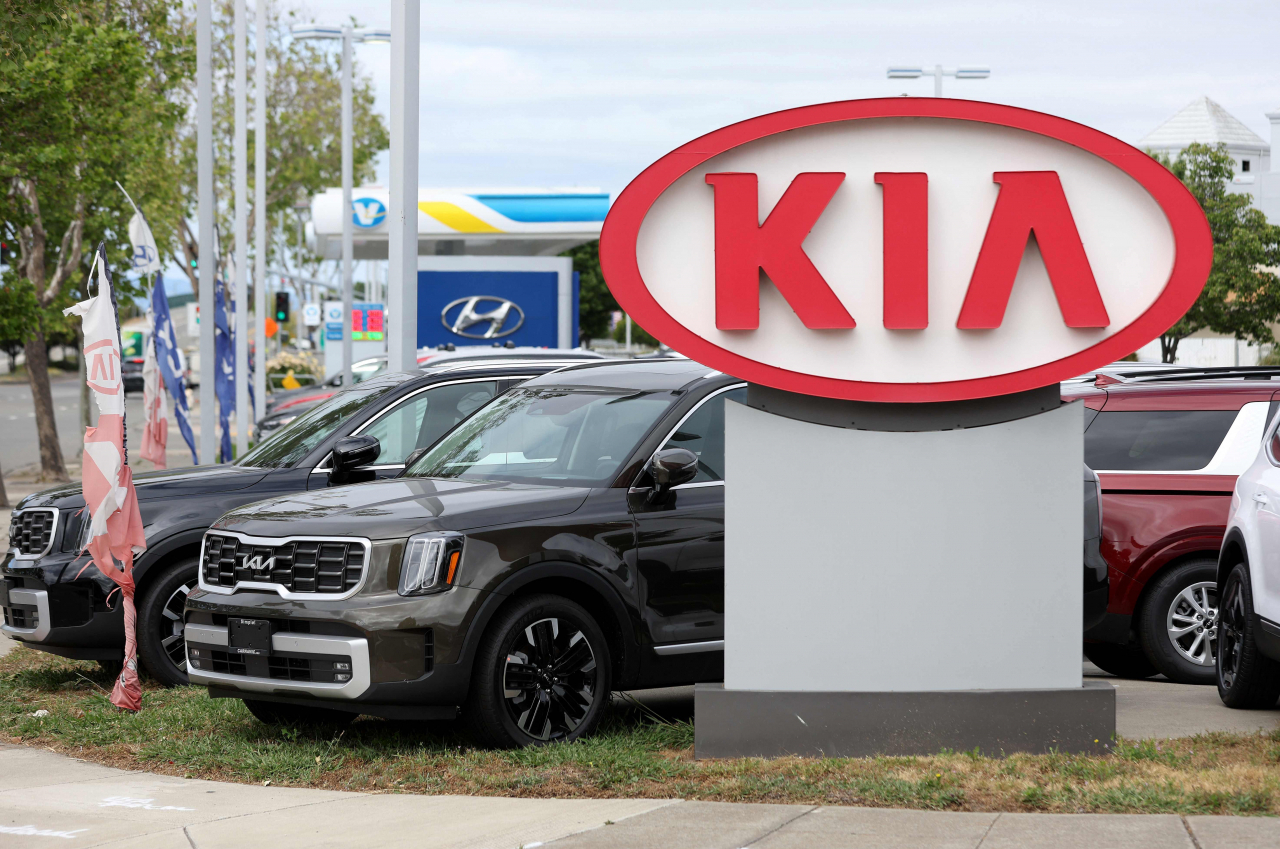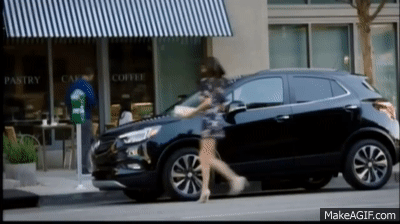April 10, 2024, 6:29 PM EDT
By Rob Wile
Wednesday's inflation report showed consumer price growth continues to drift higher.
The Bureau of Labor Statistics reported price growth accelerated to 3.5% in March, from 3.2% in February.
Few categories had as big a jump year on year than auto insurance, which soared 22% from March 2023, the most significant year-on-year jump in that category since 1976.
And over the last few years, average auto insurance rates have surged 43%.
As of April, the national average cost of car insurance is $2,314 per year for full coverage and $644 per year for the bare minimum, according to Bankrate.
That works out to about $193 a month for full coverage and $54 for minimum coverage.
A host of factors determine how much insurance companies charge drivers, but the cost of nearly all of them seem to be increasing.
One major factor is simply the rising cost of modern vehicles themselves. Today, a new vehicle costs about $10,000 more than it did before the pandemic. Blame supply-chain issues that drove up the cost of vehicle parts, increased labor costs and customer demand, which has naturally pushed prices upward.
The increasing sophistication of the technology in today’s vehicles also contributes to rising costs, said Robert Passmore, department vice president of personal lines at American Property Casualty Insurance Association. Cameras and sensors, which are used for various driver-assistance technologies, like emergency braking, automated parking and blind-spot monitoring, require parts that are more expensive to replace. They're also subject to higher labor costs, Passmore said.
More complex and expensive repairs are also taking longer, and that shows up as higher vehicle costs, Passmore said. And worker shortages have resulted in higher pay for technicians.

 www.nbcnews.com
www.nbcnews.com
By Rob Wile
Wednesday's inflation report showed consumer price growth continues to drift higher.
The Bureau of Labor Statistics reported price growth accelerated to 3.5% in March, from 3.2% in February.
Few categories had as big a jump year on year than auto insurance, which soared 22% from March 2023, the most significant year-on-year jump in that category since 1976.
And over the last few years, average auto insurance rates have surged 43%.
As of April, the national average cost of car insurance is $2,314 per year for full coverage and $644 per year for the bare minimum, according to Bankrate.
That works out to about $193 a month for full coverage and $54 for minimum coverage.
A host of factors determine how much insurance companies charge drivers, but the cost of nearly all of them seem to be increasing.
One major factor is simply the rising cost of modern vehicles themselves. Today, a new vehicle costs about $10,000 more than it did before the pandemic. Blame supply-chain issues that drove up the cost of vehicle parts, increased labor costs and customer demand, which has naturally pushed prices upward.
The increasing sophistication of the technology in today’s vehicles also contributes to rising costs, said Robert Passmore, department vice president of personal lines at American Property Casualty Insurance Association. Cameras and sensors, which are used for various driver-assistance technologies, like emergency braking, automated parking and blind-spot monitoring, require parts that are more expensive to replace. They're also subject to higher labor costs, Passmore said.
More complex and expensive repairs are also taking longer, and that shows up as higher vehicle costs, Passmore said. And worker shortages have resulted in higher pay for technicians.

Consumer prices moved higher in March. Auto insurance costs were a major reason.
Drivers in the U.S. are now paying nearly $200 a month on average for full coverage.



